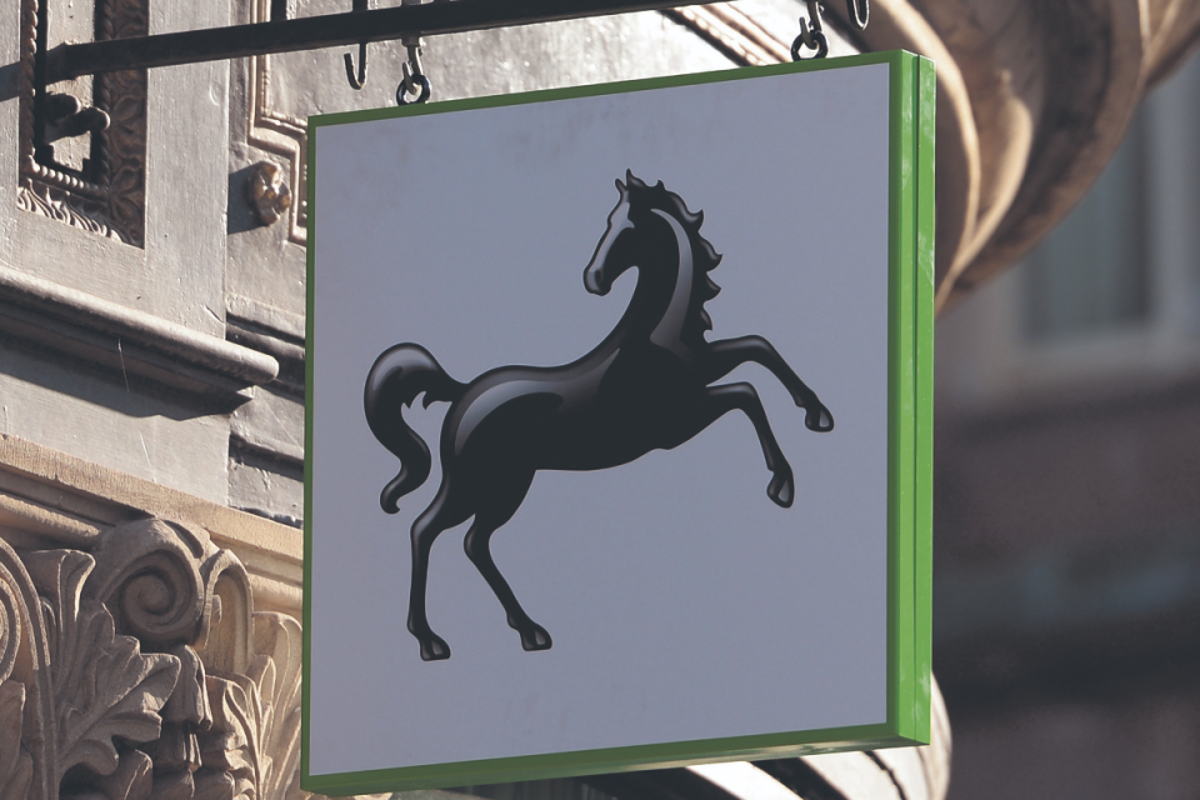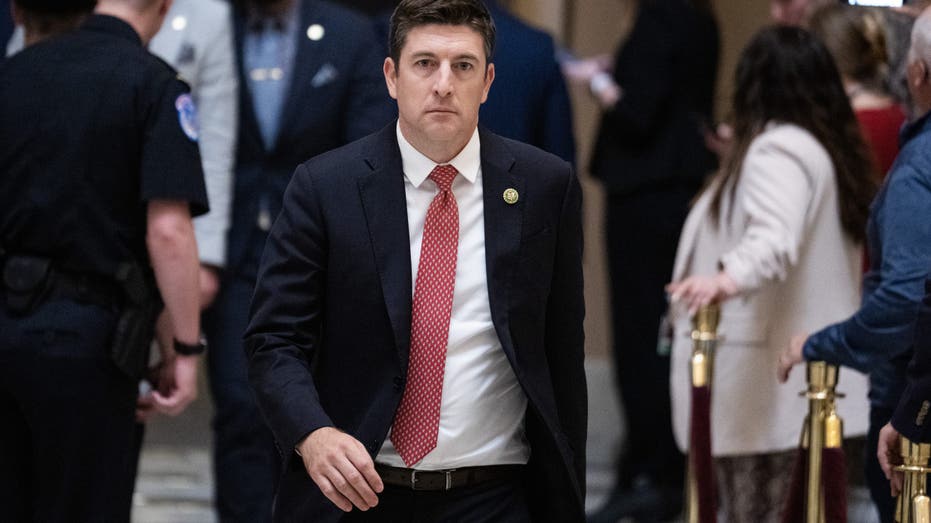Trump’s lawyers will grill ex-tabloid publisher as 1st week of hush money trial testimony wraps
NEW YORK (AP) — After prosecutors’ lead witness painted a tawdry portrait of “catch and kill” tabloid schemes, defense lawyers in Donald Trump’s hush money trial are poised Friday to dig into an account of the former publisher of the National Enquirer and his efforts to protect Trump from negative stories during the 2016 election.David Pecker will return to the witness stand for the fourth day as defense attorneys try to poke holes in the testimony of the former National Enquirer publisher, who has described helping bury embarrassing stories Trump feared could hurt his campaign. It will cap a consequential week in the criminal cases the former president is facing as he vies to reclaim the White House in November. At the same time jurors listened to testimony in Manhattan, the Supreme Court on Thursday signaled it was likely to reject Trump’s sweeping claims that he is immune from prosecution in his 2020 election interference case in Washington. But the conservative-majority high court seemed inclined to limit when former presidents could be prosecuted — a ruling that could benefit Trump by delaying that trial, potentially until after the November election. In New York — the first of Trump’s four criminal cases to go to trial — the presumptive Republican presidential nominee faces 34 felony counts of falsifying business records in connection with hush money payments meant to stifle negative stories from surfacing in the final days of the 2016 campaign. Prosecutors allege that Trump sought to illegally influence the 2016 race through a practice known in the tabloid industry as “catch-and-kill” — catching a potentially damaging story by buying the rights to it and then killing it through agreements that prevent the paid person from telling the story to anyone else. Over several days on the witness stand, Pecker has described how he and the tabloid parlayed rumor-mongering into splashy stories that smeared Trump’s opponents and, just as crucially, leveraged his connections to suppress seamy stories about Trump. The charges center on $130,000 in payments that Trump’s company made to his then-lawyer, Michael Cohen. He paid that sum on Trump’s behalf to keep porn actor Stormy Daniels from going public with her claims of a sexual encounter with Trump a decade earlier. Trump has denied the encounter ever happened.During the cross-examination that began Thursday, defense attorney Emil Bove grilled Pecker on his recollection of specific dates and meanings. He appeared to be laying further groundwork for the defense’s argument that any dealings Trump had Pecker were intended to protect himself, his reputation and his family — not his campaign.Pecker recalled how an editor told him that Daniels’ representative was trying to sell her story and that the tabloid could acquire it for $120,000. Pecker said he put his foot down, noting that the tabloid was already $180,000 in the hole for Trump-related catch-and-kill transactions. But, Pecker said, he told Cohen to buy the story himself to prevent Daniels from going public with her claim. “I said to Michael, ‘My suggestion to you is that you should buy the story, and you should take it off the market because if you don’t and it gets out, I believe the boss will be very angry with you.’”_____Richer reported from Washington.
NEW YORK (AP) — After prosecutors’ lead witness painted a tawdry portrait of “catch and kill” tabloid schemes, defense lawyers in Donald Trump’s hush money trial are poised Friday to dig into an account of the former publisher of the National Enquirer and his efforts to protect Trump from negative stories during the 2016 election.
David Pecker will return to the witness stand for the fourth day as defense attorneys try to poke holes in the testimony of the former National Enquirer publisher, who has described helping bury embarrassing stories Trump feared could hurt his campaign.
It will cap a consequential week in the criminal cases the former president is facing as he vies to reclaim the White House in November.
At the same time jurors listened to testimony in Manhattan, the Supreme Court on Thursday signaled it was likely to reject Trump’s sweeping claims that he is immune from prosecution in his 2020 election interference case in Washington. But the conservative-majority high court seemed inclined to limit when former presidents could be prosecuted — a ruling that could benefit Trump by delaying that trial, potentially until after the November election.
In New York — the first of Trump’s four criminal cases to go to trial — the presumptive Republican presidential nominee faces 34 felony counts of falsifying business records in connection with hush money payments meant to stifle negative stories from surfacing in the final days of the 2016 campaign.
Prosecutors allege that Trump sought to illegally influence the 2016 race through a practice known in the tabloid industry as “catch-and-kill” — catching a potentially damaging story by buying the rights to it and then killing it through agreements that prevent the paid person from telling the story to anyone else.
Over several days on the witness stand, Pecker has described how he and the tabloid parlayed rumor-mongering into splashy stories that smeared Trump’s opponents and, just as crucially, leveraged his connections to suppress seamy stories about Trump.
The charges center on $130,000 in payments that Trump’s company made to his then-lawyer, Michael Cohen. He paid that sum on Trump’s behalf to keep porn actor Stormy Daniels from going public with her claims of a sexual encounter with Trump a decade earlier. Trump has denied the encounter ever happened.
During the cross-examination that began Thursday, defense attorney Emil Bove grilled Pecker on his recollection of specific dates and meanings. He appeared to be laying further groundwork for the defense’s argument that any dealings Trump had Pecker were intended to protect himself, his reputation and his family — not his campaign.
Pecker recalled how an editor told him that Daniels’ representative was trying to sell her story and that the tabloid could acquire it for $120,000. Pecker said he put his foot down, noting that the tabloid was already $180,000 in the hole for Trump-related catch-and-kill transactions. But, Pecker said, he told Cohen to buy the story himself to prevent Daniels from going public with her claim.
“I said to Michael, ‘My suggestion to you is that you should buy the story, and you should take it off the market because if you don’t and it gets out, I believe the boss will be very angry with you.’”
_____
Richer reported from Washington.



